The United Nations' World Food Programme, which gets much of its funding from the United States, is closing its southern African bureau due to funding constraints, the agency said on Monday.
WFP gets nearly half of its donations in a typical year from the United States, which is slashing foreign aid contracts around the world as part of President Donald Trump's "America First" agenda.
Regional spokesperson Tomson Phiri said that the agency would consolidate its eastern and southern African operations and run both from Nairobi.
He told Reuters it would not affect country operations in Southern Africa, where WFP is supporting millions of people affected by drought.
"The goal is to stretch every dollar and target maximum resources to our frontline teams," said Phiri.
He declined to comment on whether the decision was directly related to Trump's aid cuts, saying only that "the donor funding outlook has become more constrained".
Trump's administration is cutting more than 90% of the U.S. Agency for International Development's foreign aid contracts and over $58 billion in overall U.S. assistance around the world.
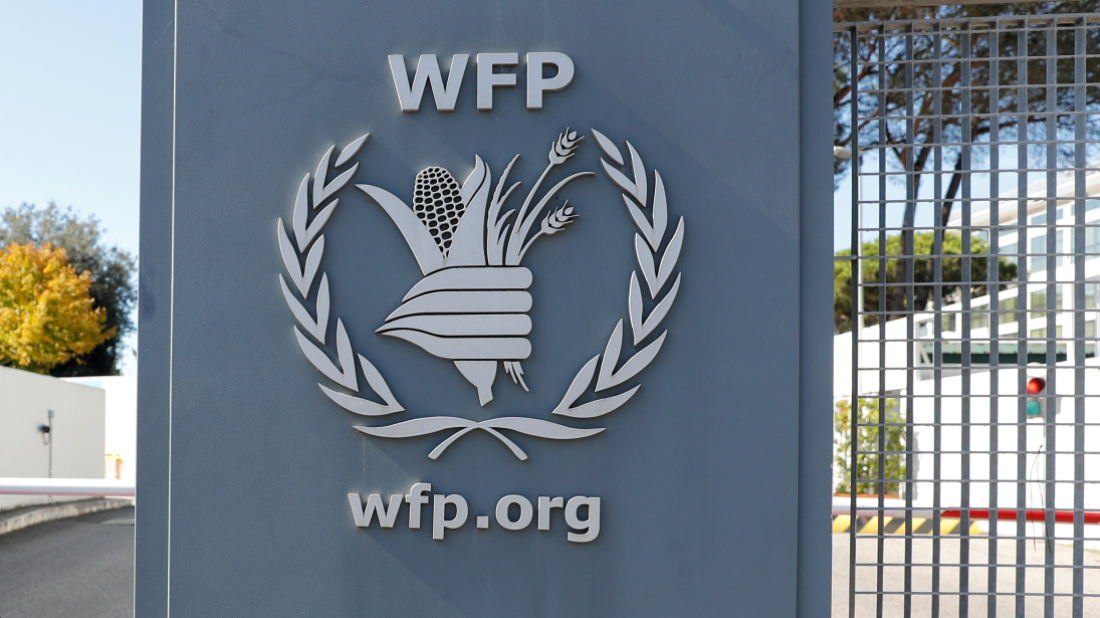
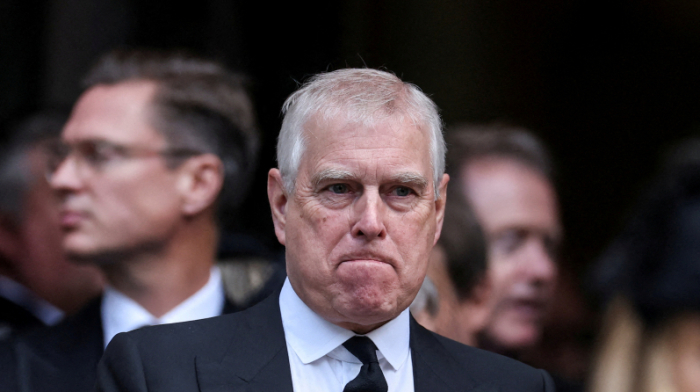
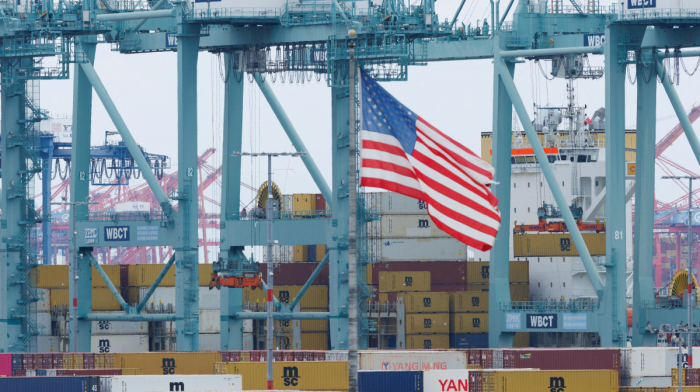

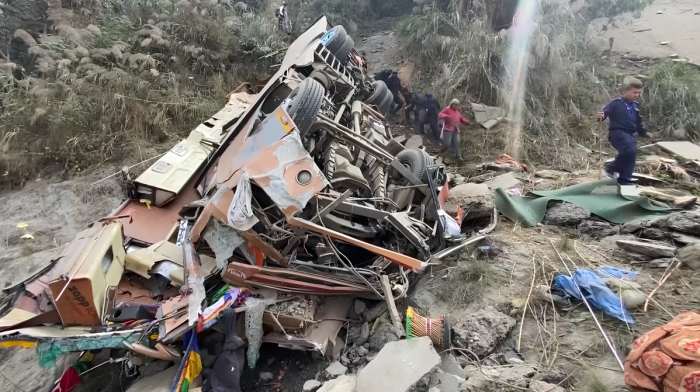
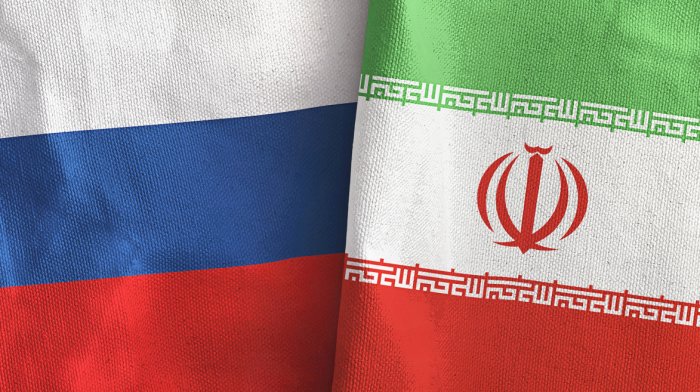

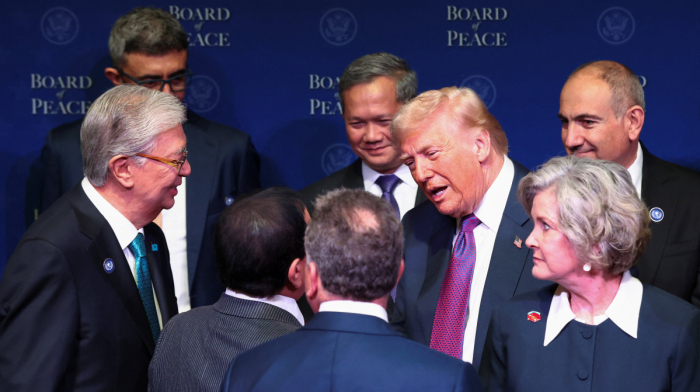
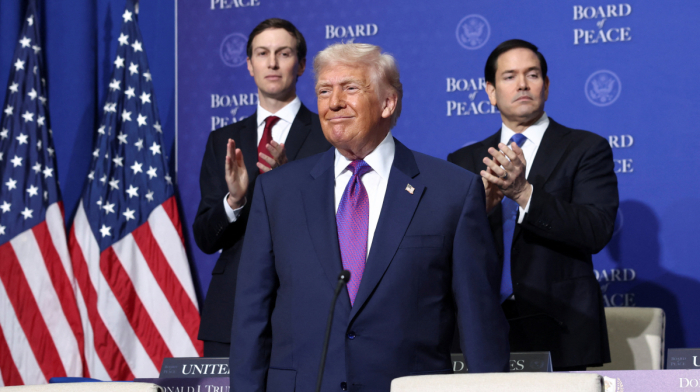

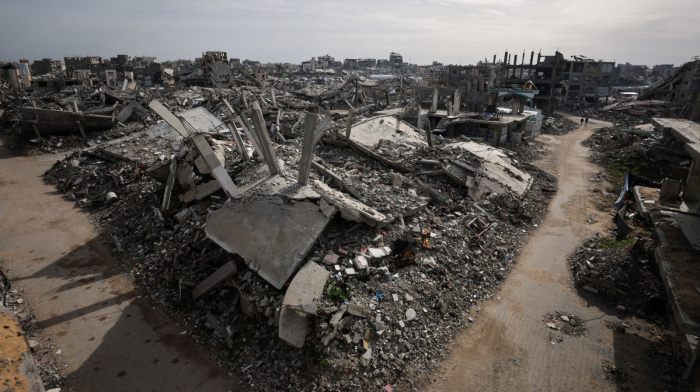
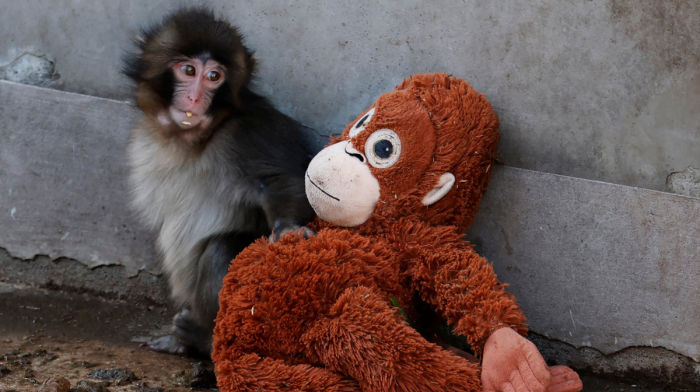

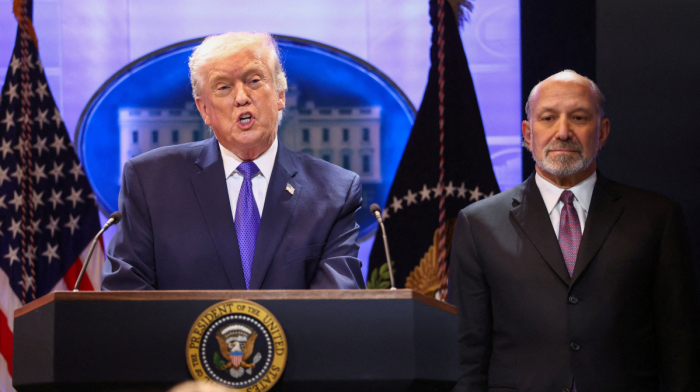
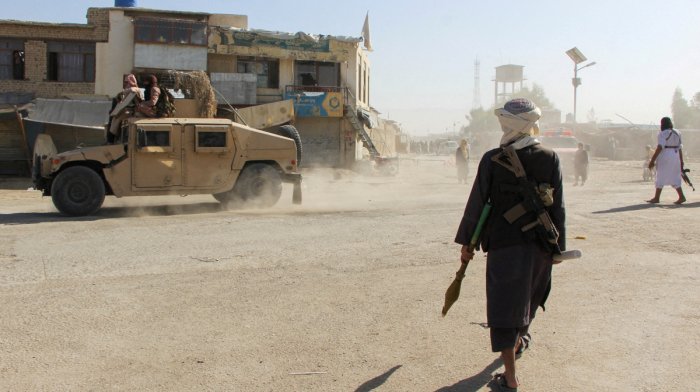
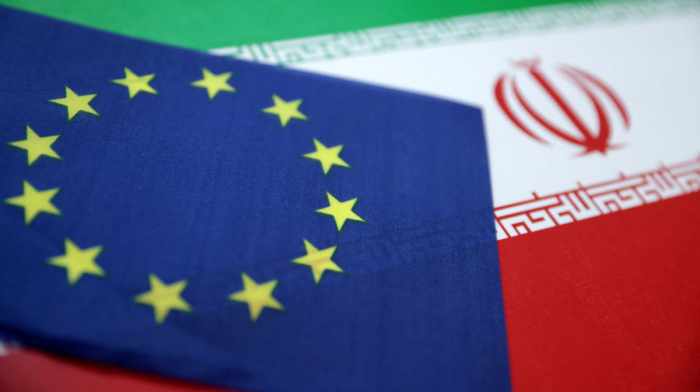
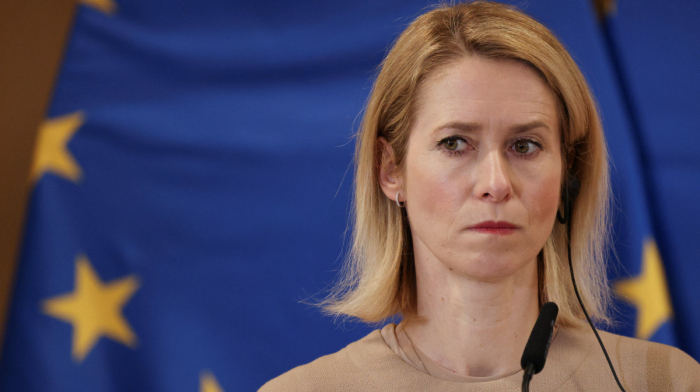



What is your opinion on this topic?
Leave the first comment